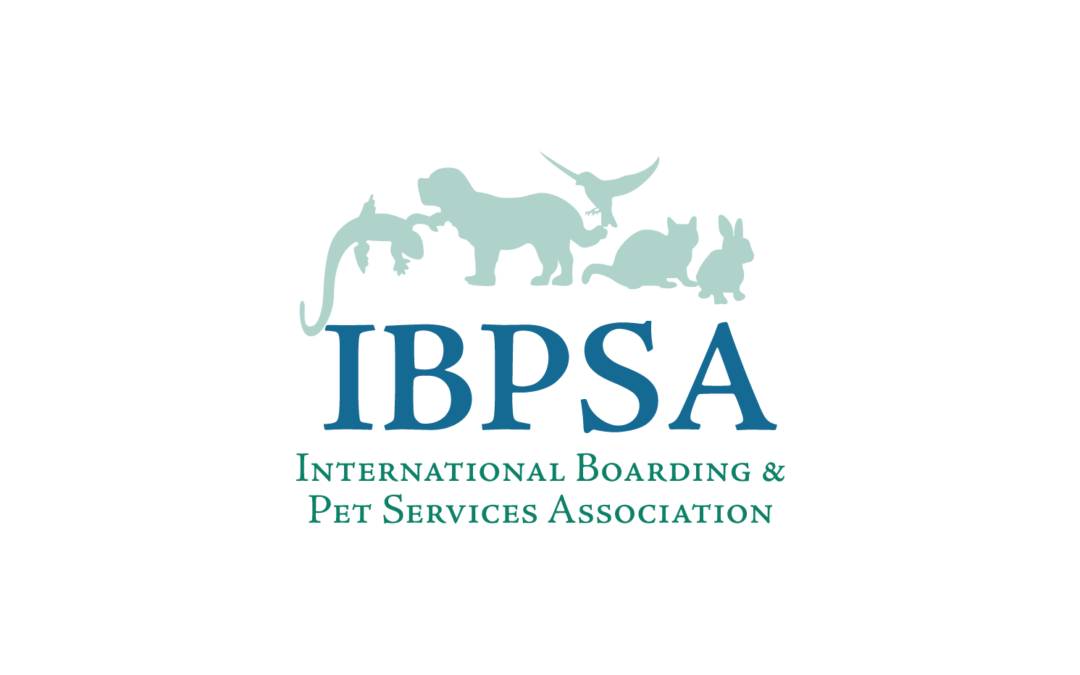By Charlotte Biggs, COO, IBPSA
[Independent survey of more than 650 pet owners asks the why versus the how much they invest in certain pet boarding, petting sitting services and apps, and veterinary services]
Why do pet owners make certain pet care decisions? The National Pet Owner Preferences Study, released this month, reveals why “pet parents” spend their money on pet boarding, pet sitting services and apps, and veterinary services. IBPSA teamed with Merck Animal Health to commission the study of 652 pet owners to go beyond the usual how much did pet owners spend to get to the why they make certain spending decisions. The study revealed that reputation, recommendation, and certification all play key roles in pet care decisions.
Before joining IBPSA, I owned a successful pet care facility near Austin, Texas, where I spent hundreds of thousands of dollars each year to operate it, from payroll to maintenance, supplies, equipment, marketing and advertising, and all of the things that go into operating a successful business. As pet care services providers, we create marketing and advertising programs based on what we think the pet owner wants. We promote ourselves the way we think they want to see us. Sometimes we hit the mark – or get close – and we’re successful at our businesses. However, there are too many times when we are forced to simply use our best judgement and hope for the best. The benefit of a survey like this is our decision-making can be based what the pet owner thinks.
The 100+ page study, based on independent research conducted by Researchscape International, includes detailed analysis of the survey results that shed light on how and where you should be spending your money. Here are just three decision-making insights from The National Pet Owner Preferences Study:
- 1.Where to spend your operating dollars? When deciding where to invest in growing your business, should you spend on better fencing and automatic-door closures that pet owners might never see? Or, should you spend on high-quality desks and décor for the reception area that “show off” your brand? The research shows that pet owners put a premium on safety and security. So, the more strategic investment is to spend on the fencing and door closures.
- 2.How much effort should be put into managing your reputation? “Overall reputation” is a pet owner’s second highest consideration in deciding on whom they choose to care for their pets. This insight should have a significant effect on your marketing message. How well are you known in the community? Are you a member, for example, of your local chamber of commerce? Are you monitoring and smartly responding to online reviews? Don’t underestimate the importance of reputation.
- 3.Should your staff be getting industry certifications? Fully half of pet owners have checked out whether a facility is certified and staff trained before deciding on caretakers for their pets. Is your staff getting certified? Are you letting your clients – and potential clients – know about your certifications? You should.
Even as finding pet care becomes easier thanks to technology and growing competition, this study reinforces the importance to “pet parents” of providing high-quality, professional pet care. For detailed data and decision-making insight, The National Pet Owner Preferences Study is now available for purchase via the IBPSA website at http://www.ibpsa.com/pet-owner-study.
